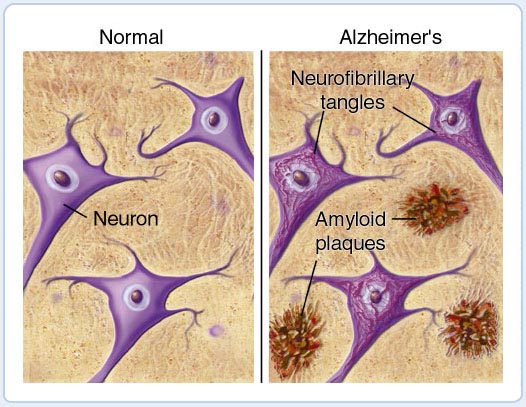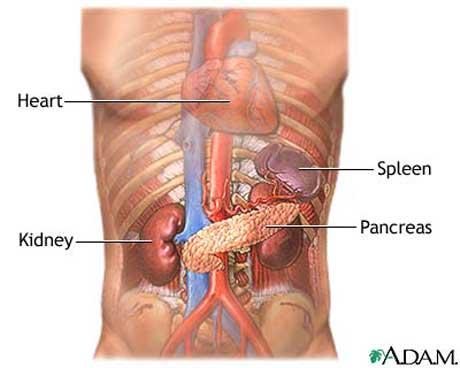The data that show association between Alzheimer’s disease and type 2 diabetes increased over the years. Japanese scientists make the evidence stronger with a study (Glucose tolerance status and risk of dementia in the community) which has been published this week in the journal Neurology.
The prospective cohort study of dementia was performed in Hisayama by scientists from Kyushu University in Fukuoka, Japan. All subjects underwent a 75-g oral glucose tolerance test (OGTT). Volunteers, ages 60 and older were followed for 15 years, 1,017 people (437 men and 580 women) were enrolled. The doctors checked their medical history, and gave them mental exams.
Compared with those with normal glucose tolerance (NGT) the incidence of dementia (Alzheimer’s, vascular dementia) was significantly higher in subjects with impaired glucose tolerance (IGT) or with diabetes. This association remained unchanged in subjects with diabetes and not related with age, sex, hypertension, EKG abnormalities, body mass index, waist to hip ratio, total cholesterol, history of stroke, education, smoking habits, alcohol intake, and physical activity.
The medical researchers demonstrated that diabetes that was assessed 15 years earlier was a significant risk factor for the development of all-cause dementia, Alzheimer’s disease, and vascular dementia. Those with the most severe diabetes at the beginning had a more than threefold increase in the rate of dementia.
“Our findings emphasize the need to consider diabetes as a potential risk factor for dementia. Diabetes is a common disorder, and the number of people with it has been growing in recent years all over the world. Controlling diabetes is now more important than ever”, lead researcher Yutaka Kiyohara said.

The Alzheimer’s Association estimates that 5.4 million people in U.S. have been diagnosed with Alzheimer’s disease, and the number could reach 16 million within 40 years. The number of persons with diabetes is around 24 million.
“The fact that Type 2 diabetes is increasing, and it’s a risk factor for Alzheimer’s would only make those numbers bigger. It’s already a disaster that’s going to come to us, if we don’t do something better about treating Alzheimer’s disease.” said Dr. William H. Thies, medical and scientific officer for the association.
Alzheimer’s disease “is one of the most feared conditions for people who are entering their later years,” said Thies. “[The new study] gives us an extra piece of information that may move people from considering changes in their life to actually making those changes.”
A Lancet review shows the mechanisms for hyperglycemia-induced dementia: atherosclerosis, microvascular disease, glucose toxicity leading to the accumulation of advanced protein glycation and increased oxidative stress, and changes in insulin metabolism resulting in an insulin-resistant state and distorted amyloid metabolism in the brain.
Last year researchers found a gene that increases both the risk for Type 2 diabetes and for Alzheimer’s.
Medical researchers presented results of a study showing that insulin could slow Alzheimer’s progression. Insulin is the hormone that controls glycemia and it is used to treat diabetes. Delivered through a special inhaler (nasal spray) insulin seemed to slow the progression of Alzheimer’s.
These findings emphasize the importance of controlling glycemia (blood sugar level) for diabetics, as a measure to prevent Alzheimer’s.
Another study has shown that obesity duration increases diabetes risk, thus these related conditions could be prevented through physical fitness and weight loss.

September 21 was declared World Alzheimer’s Day, and this year theme is “Faces of dementia”.
Lots of events take place all over the world, memory walk, forums, conferences, films, workshops, symposia, seminars, fund raising, “2 Bike 4 Alzheimer’s” in Netherlands, Alzheimer’s picnic at Alzheimer’s Centrum in Poland, the launch of the National Alzheimer’s Alliance and memory testing in pharmacies in Romania, a traditional World Alzheimer’s Day concert and the opening of the Dementia Service Centre in Sri Lanka, a range of events across the country for World Alzheimer’s Month and Alzheimer’s Action Day “Go Purple” in USA.



Comments are closed.